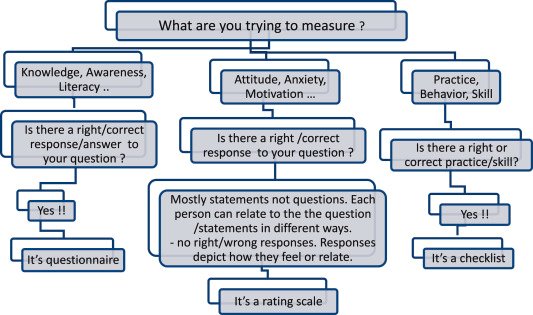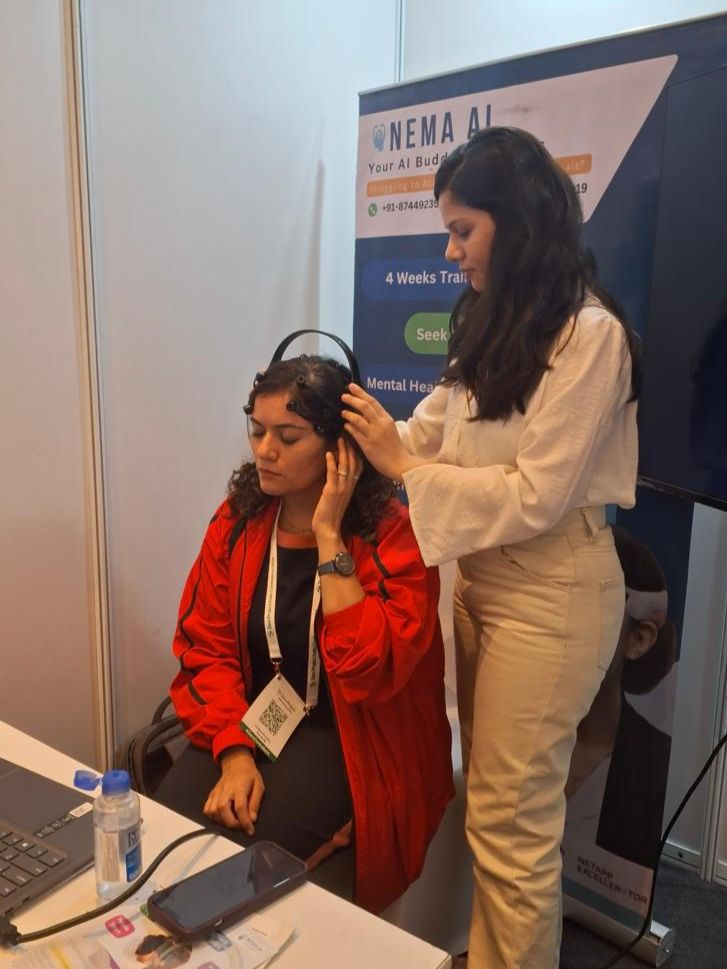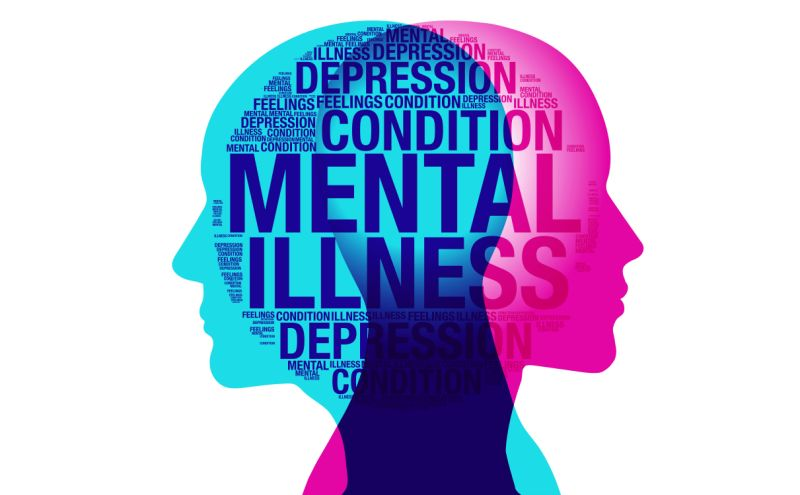Types of pretests

NEMA AI
Every person is unique. When anybody goes to a counselor, they have their own experience, strengths, struggles, and worries. To help people, a counselor can use tests that show where help is needed. These first tests are called pretests. They help counselors get a full idea before doing anything.
There are mainly 5 such pretests. They are:
1. Clinical Interviews
A clinical interview is like a talk session. The counselor and the client sit down together. The counselor will then ask about their personal life, how they are feeling, what troubles they think they are currently dealing with or have dealt with, and their history.
This talk can be a set of questions that they prepared, or they might use a go with the flow type of approach.
Overall, these tests are to gather information about symptoms, history, or functioning. Take, for example, a brief intake interview to check for signs of depression or anxiety.
2. Questionnaires
Questionnaires are another type of pretest where forms that have questions are meant to be filled in. Some ask about their feelings, like sadness, happiness, or anger. Others may ask about their lifestyle, work, sleep, stress, or even enquire about family. Each question is short and simple. Some are yes or no, while others ask for a number or a score.
These forms are easy to use and to fill out. They quickly show some personality traits that might be a problem. Counselors use the answers to see what is an urgent issue. Filling out the same form again after treatment can show if there's any improvement.
Overall, this test allows individuals, whether it be parents, teachers, or themselves, to quickly report symptoms.
For example, the beck depression inventory test and the Pediatric Symptom Checklist
3. Rating Scales
Rating scales let people score how they feel or their symptoms. For example, a person may rate how anxious they feel today from a rating of 0 to 10. Some tests may have many questions. Others are just a single line or chart.
These scores can be used every time they take the test or analyse their scores from the past. They help counselors see if anything is improving or if it is not.
Science studies use these rating scales because they are very easy to compare and interpret. But also, a counselor listens and understands things that we might know we keep saying.
Overall, these tests quantify the severity or the frequency of a person's behavior or emotions.
Examples include Conner's rating scale for ADHD and the GAD-7 for anxiety.
4. Psychological tests
Psychological tests are tests that measure how the mind works. Some tests how people solve puzzles or problems. Others are to see our traits or ways of thinking. These tests are made and used by experts and have rules for how to give and score them.
A trained person must give, understand, and explain these tests and the answers that are filled. The answers can show strengths, like memory or focus. They can also reveal certain things and areas that need help. These tests are usually longer than the simple rating scale or a normal questionnaire.
Overall, these come under the broader category of tests, including cognitive, emotional, and developmental-related screenings. They are often standardized and validated. Top examples are the Mini-Mental State examination and the Denver Developmental Screening test.
5. Interest and Aptitude Assessments
Interest and aptitude tests show what activities a person likes or what skills might be their hidden talent. For example, some tests help young people think about what type of job or study is best suited for them. Others look at strengths in specific areas like reading, numbers, or working and communicating with people.
These tests help make decisions about their school or work.
They are also extremely useful in giving people confidence. If a person knows what they are good at, it uplifts them, makes them feel stronger and more hopeful.
These are boarder tests for academic planning or for career guidance. They identify strengths and preferences.
An example is the Strong Interest Inventory test.

Why use pretests?
Pretests help make a clear plan or a goal. They are not only for finding problems. They also help in setting goals. Helping individuals understand themselves better. Loved ones will know the individual better. They make the counseling process fair and clear.
Conclusion
Each pretests help in its own way.
Interviews build trust. Questionnaires and rating scales are quick and easy. Psychological and interest tests find both strengths and needs.
Using different pretests gives us a full view. It helps a counselor give their best. It is simple and extremely useful.
Pretests are an important first step in counseling. Together, these tools provide a full picture to guide helpful and fair counseling. With modern tools like NEMA AI, counselors get fast, science-based brain data to improve care even more. Using a mix of these pretests ensures counseling is effective and empowering to everyone involved.
NEMA AI is also a startup that can help counselors by making brain-based assessments, which are quick, easy, and very accurate. It uses EEG technology and artificial intelligence to find a person's mental strengths and weaknesses in a few minutes. Mental health deserves the same proactive approach we give to physical health.
Counselors get instant, science-based information about each client's profile. It helps find focus, memory, or stress issues that may not show in normal interviews. The results give clear starting paths so that a person can decide what to do with their test results. Counselors can use these reports to track client progression in each session.
Not only that, NEMA AI is easy to use; it can work with groups of people, scanning many people in a short time. It supports inclusive education and mental health wellness for everyone by finding ways in all age groups. No special training or background is needed; just buy it and scan it. Each scan needs only 5 minutes to be precise. It is a 60% cost reduction compared to standard approaches.
Suggested by NEMA AI

The role of pretests
When you indicate that a patient may be a candidate for genomic and inherited genetic testing, they will likely ask seve

Pretests in Mental Health
Mental health is as important as physical health. Many people are unaware of the problems that it can lead to. In terms